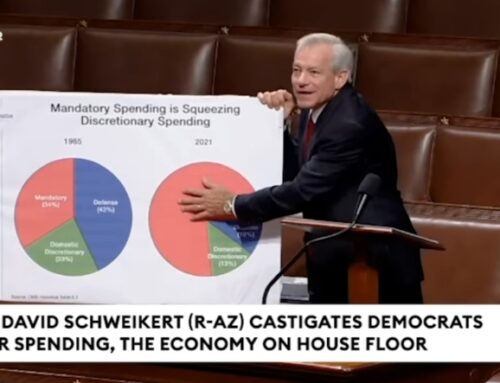Recently, politicians have gotten a lot of ink and air time by making fun of federally funded science projects. For example, Wake Forest University scientists are studying monkeys under the influence of cocaine in a project titled “Effect of Cocaine Self-Administration on Metabotropic Glutamate Systems.”
How silly can you get? Let me try. I found a project that might have been titled, “The travel time of smooth bronze balls rolling down polished channels in wooden boards inclined to the horizontal.” And how’s this one for laughs: “A study of moldy laboratory cultures of staphylococci.”
You may have seen what I just impishly set up: The rolling balls project was carried out by Galileo and resulted in his discovering principles of gravity and motion that helped to revolutionize science. The moldy cultures study describes Alexander Fleming’s discovery of the first antibiotic, penicillin.
My point is that scientists, as part of their striving for objectivity, describe their experiments matter of factly, with no indication of what they hope will be the significance of their work. The title or brief description of a project offers no basis for criticism. We have to know a lot more about the aims of the project, the qualifications of the scientist, and the resources required before we can judge if a project is worthwhile.
Politicians have made careers mocking science project descriptions—I remember the infamous “Golden Fleece” awards by the late Sen. William Proxmire (D-Wisconsin). Having a degree in science myself (B.S.-chemistry) and having worked with scientists much of my career to increase public understanding of their work, I find this infuriating. It’s understandable that people without a similar background—most people—believe this politician or that commentator when they condemn projects based on titles that are silly and misleading by ordinary, nonscientific standards. But when critics know their attacks are unjustified—and I assume that those with platoons of advisers are in the know—then they’re engaging in nothing but cheap demagoguery. Their end may be worthy, but ends don’t justify means. The monkey project I mentioned was funded by the stimulus act that we rightly condemn. But condemnation of government actions should be based on honest objections such as costliness and unconstitutionality–and not dishonest statements like those about silly-sounding science.





